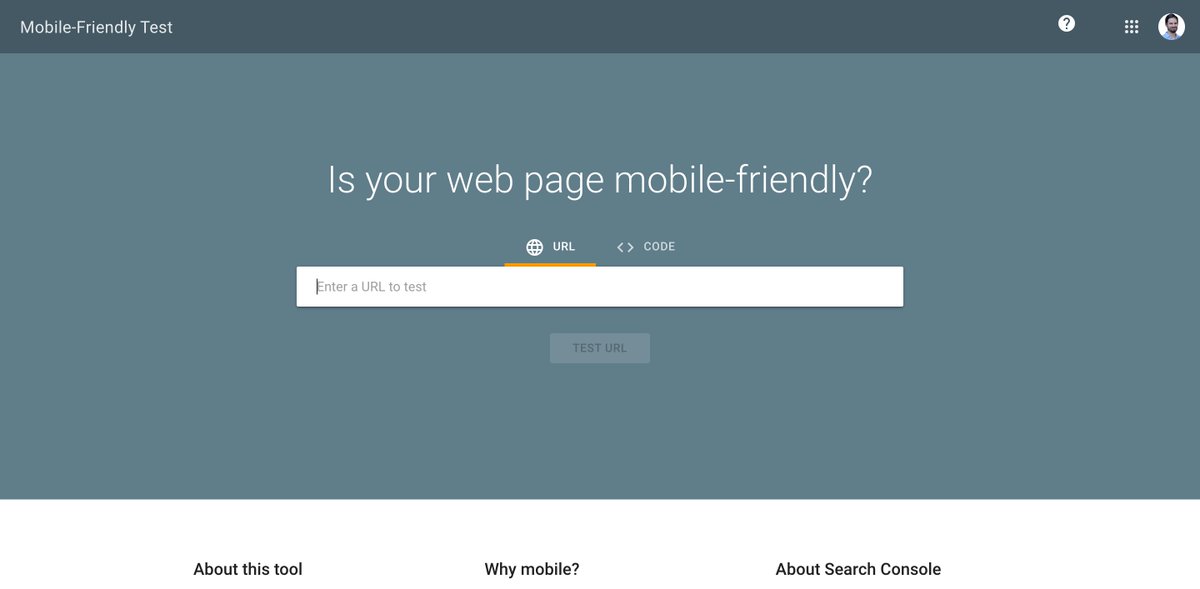60-Second SEO: One of my favorite "SEO secrets" is the "&filter=0" operator.
You can use this operator to see pages that Google is filtering out of the search results and identify competing content.
You can use this operator to see pages that Google is filtering out of the search results and identify competing content.
This was a great tip given me to years ago by the great @patrickstox .
By using this filter, you can get an idea of what the "true search results" look like before Google has applied domain clustering. Thus you can see which pages in a SERP Google wants to display but doesn't
By using this filter, you can get an idea of what the "true search results" look like before Google has applied domain clustering. Thus you can see which pages in a SERP Google wants to display but doesn't
In this example, I used it for the query "abm guide". In the first SERP, there's only one result from Drift. 

But after applying the "&filter=0" operator, I can see that Google has actually filtered out their "What Is ABM?" page.
Now they can make a decision if they should consolidate these pages to make a single stronger page.
Now they can make a decision if they should consolidate these pages to make a single stronger page.

This operator is fantastic for sites where Google chooses between transactional and informational pages. You might see that Google is filtering out a transactional page and showing an informational page instead.
You might need to send stronger signals to the transactional page
You might need to send stronger signals to the transactional page
I highly recommend using this for all your core site queries. You'll get a much better understanding of the content Google wants to show.
#SEO #technicalSEO
#SEO #technicalSEO
To get 60-Second SEO straight to your inbox, check out The Splash newsletter: gofishdigital.com/newsletter/
• • •
Missing some Tweet in this thread? You can try to
force a refresh

 Read on Twitter
Read on Twitter







